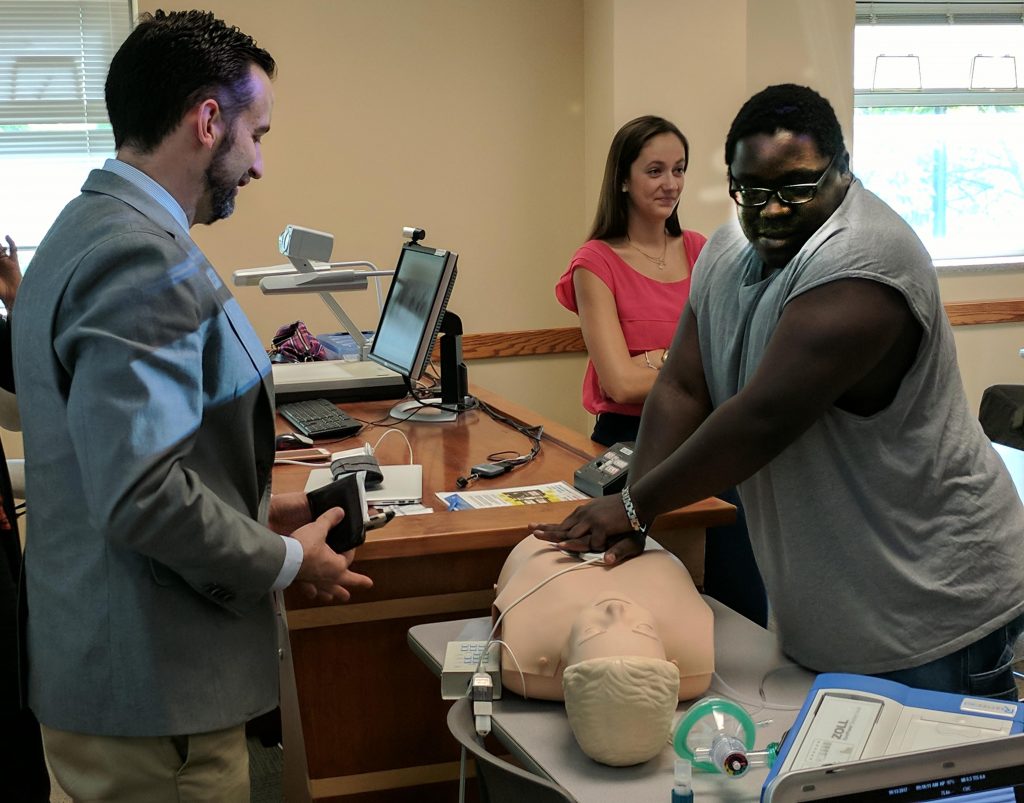Adding dimension to the evaluation of teaching
Adding dimension to the evaluation of teaching
By Doug Ward
The evaluation of teaching generally looks like this:
Students hurriedly fill in questionnaires at the end of a semester, evaluating an instructor on a five-point scale. The university compiles the results and provides a summary for each faculty member. The individual scores, often judged against a department mean, determine an instructor’s teaching effectiveness for everything from annual reviews to evaluations for promotion and tenure.

